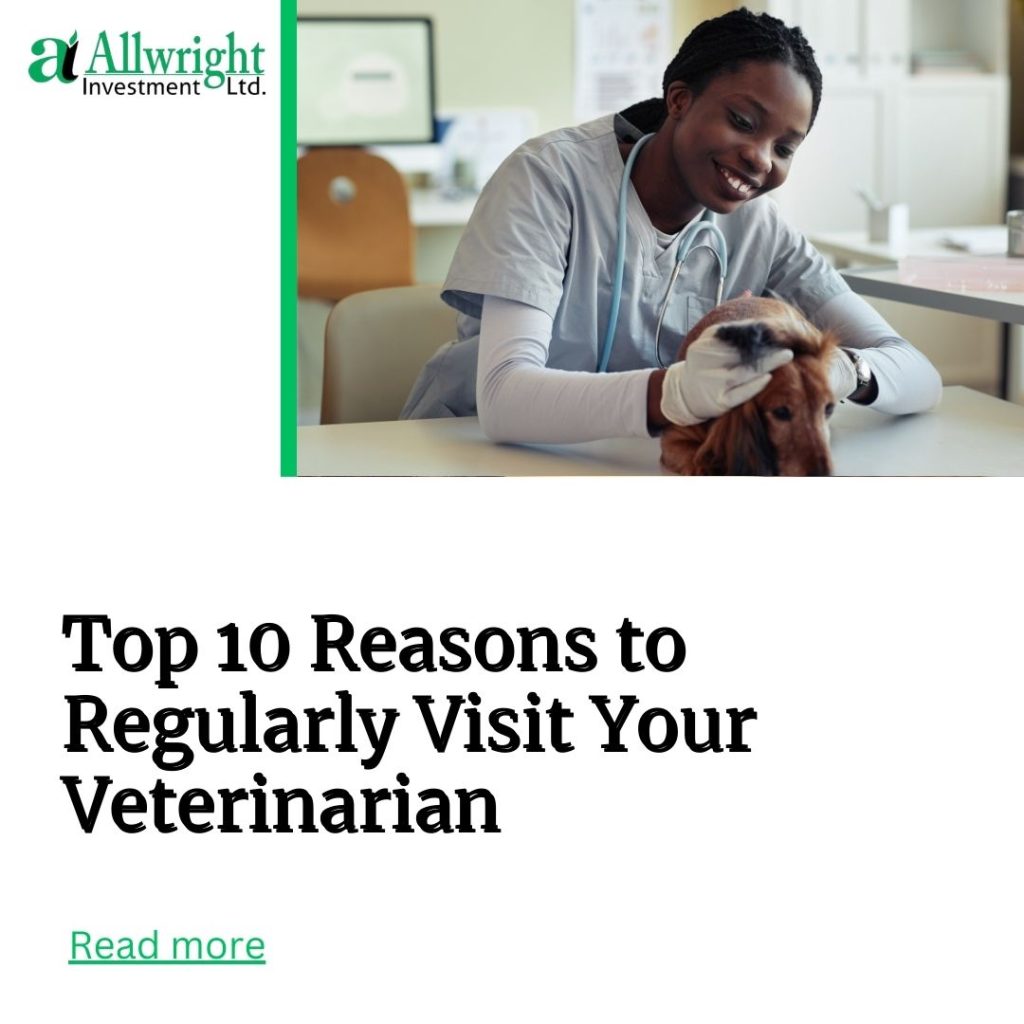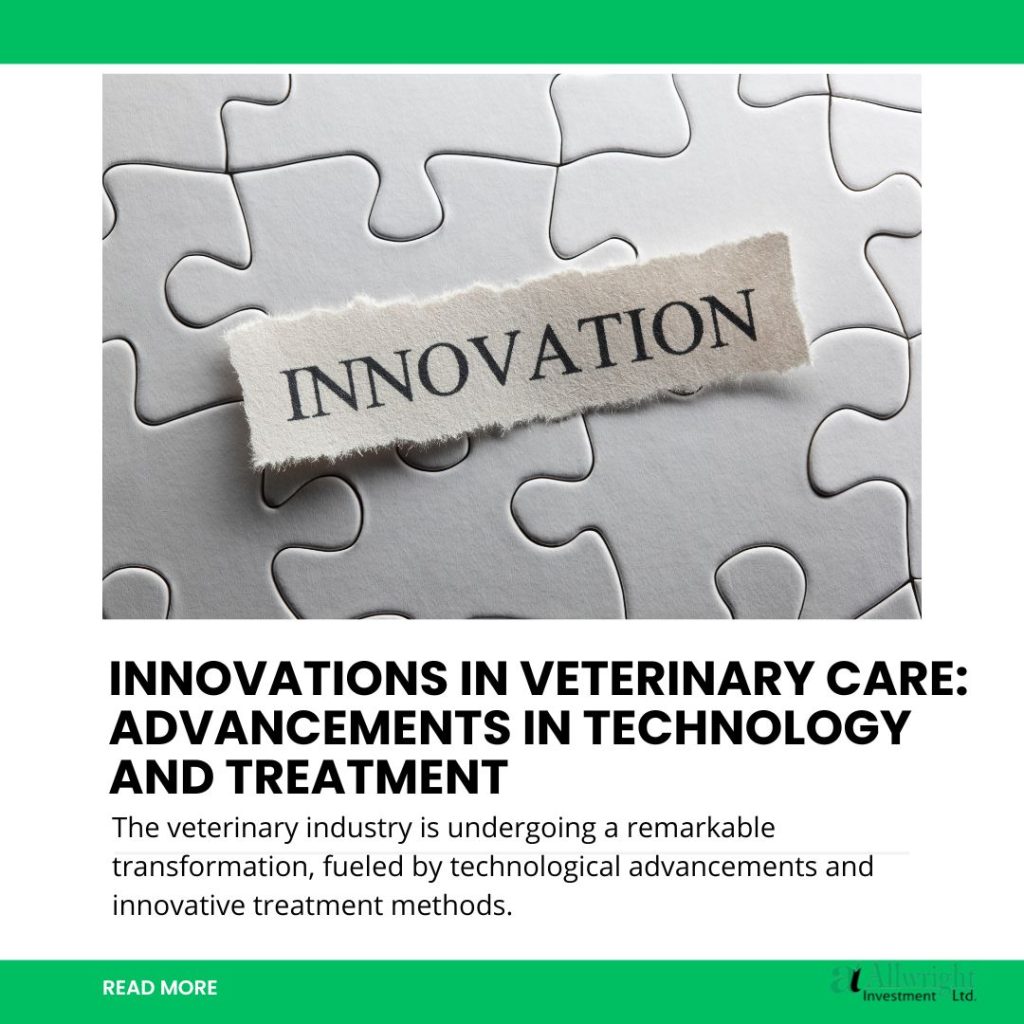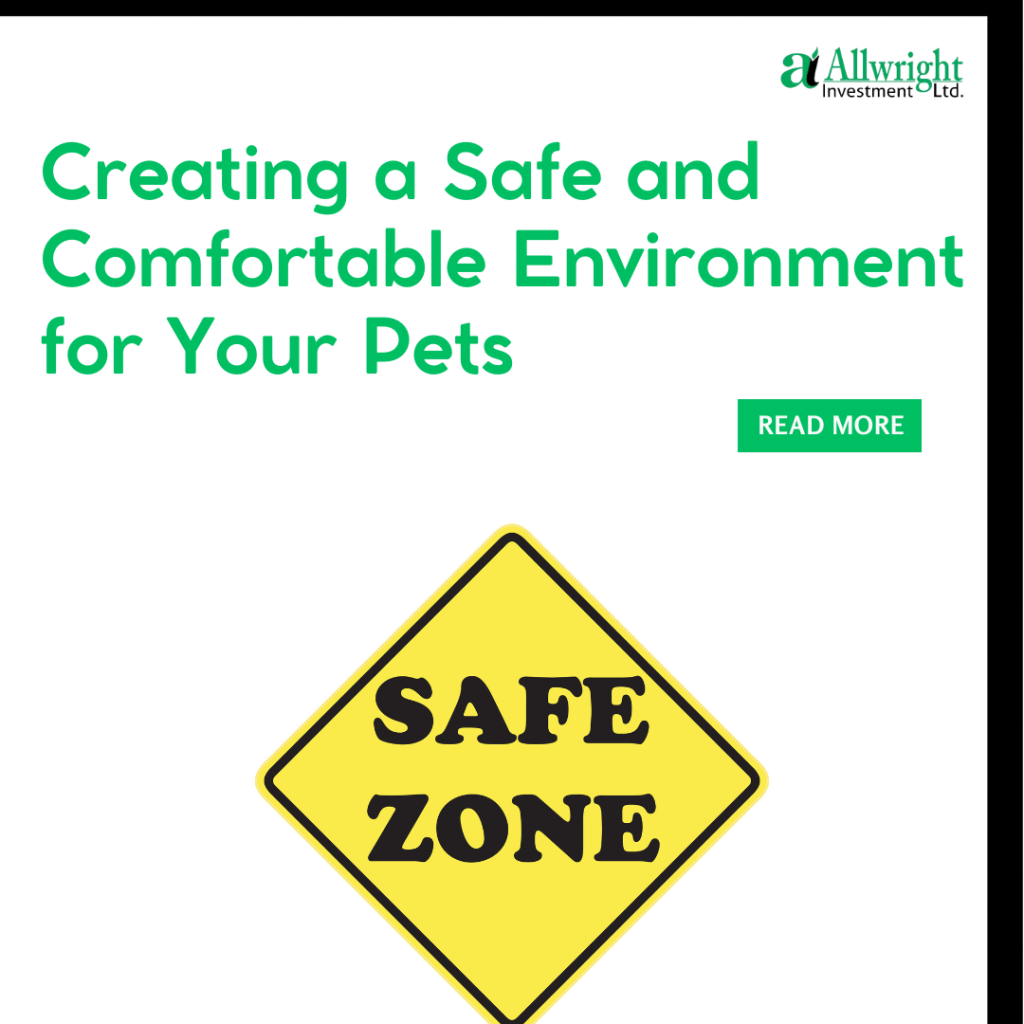How to Choose the Right Veterinarian for Your Pet

Choosing the right veterinarian for your pet is a crucial decision that impacts their overall health and well-being. With so many options available, it's essential to make an informed choice. Here are some key factors to consider when selecting the perfect veterinarian for your furry friend.
1. Qualifications and Experience
First and foremost, ensure that the veterinarian is licensed and has the necessary qualifications. Check their educational background and certifications. Experience matters significantly; a vet with years of practice is likely to have encountered a wide range of medical issues, which can be beneficial for your pet’s care.
2. Range of Services
Different veterinary clinics offer various services. It's important to choose a clinic that provides comprehensive care, including routine check-ups, emergency services, surgical procedures, and dental care.
3. Specializations
If your pet has specific health issues, you may need a veterinarian with specialized training. For example, if you have an exotic pet, look for a vet with experience in treating that type of animal.
4. Location and Accessibility
Convenience is an important factor. Choose a vet clinic that is easily accessible from your home. This makes it easier to attend regular appointments and handle emergencies.
5. Facility and Equipment
Tour the veterinary clinic to assess the cleanliness and overall environment. A well-maintained facility with modern equipment is indicative of high standards of care.
6. Reviews and Recommendations
Check online reviews and seek recommendations from friends, family, or local pet owners. Positive feedback and testimonials can provide insights into the quality of care and customer service.
7. Communication and Comfort
A good veterinarian should communicate clearly and be willing to answer all your questions. They should make both you and your pet feel comfortable.
8. Emergency Care
Find out if the veterinary clinic offers emergency services. Accidents and sudden illnesses can happen at any time, and having a vet who can provide immediate care is crucial.
9. Costs and Insurance
Veterinary care can be expensive, so it’s important to understand the costs involved and what payment options are available. Check if the clinic accepts pet insurance and what their billing procedures are.
10. Personal Connection
Lastly, trust your instincts. You should feel a personal connection with your veterinarian. They should genuinely care about your pet’s well-being and have a passion for their work.
Choosing the right veterinarian involves careful consideration of these factors. By selecting a vet who meets these criteria, you can ensure that your pet receives the best possible care, leading to a long, healthy, and happy life.
Invest in Allwright Limited today!



